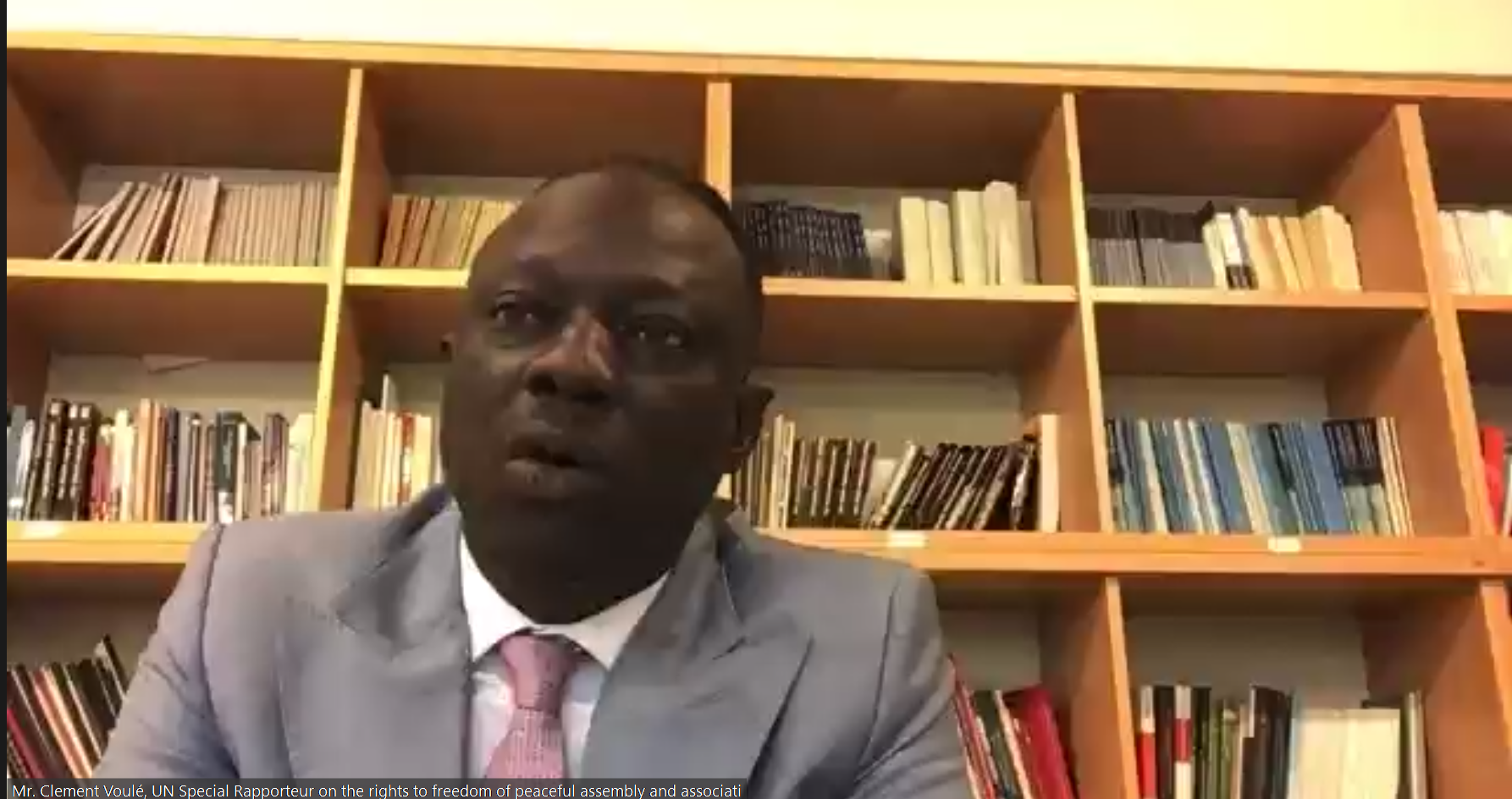On 27 April, the African Commission on Human and Peoples’ Rights (‘the African Commission’) held a panel to commemorate the tenth year anniversary of the Road Map, to continue taking stock of the achievements and challenges in the implementation of the Road Map, with a particular focus on the challenges caused by the COVID 19 pandemic, as well as raise the awareness of newly appointed Commissioners and newly appointed UN special procedures mandate holders of the opportunities the Road Map provides for their respective work.
“In 2012, when five Commissioners, two expert members of the Commission’s Working Group on Extractive industries and nine UN special procedures met in Addis Ababa it was a first! Never before had our two mechanisms shown such a commitment to strengthen our relationship and work together” said Commissioner Maya Sahli Fadel, Vice-President of the ACHPR and Member of the Joint Working Group of the Road Map, in her opening remarks.
Since then, in addition to being formally reviewed in 2014, the Road Map undergoes periodic stocktaking of its progress and challenges regarding its implementation. These reviews have not only been an opportunity to provide useful and practical suggestions, but have also served to reaffirm strong commitment on both sides to strengthen cooperation.
“In spite of all the positives it brings, the Road Map still lacks full and complete status that will enable its unrestrained functionality. There is no specific support dedicated to the implementation of the Road Map since its adoption, and it needs financial support or it will only continue to live through the good will of its experts” added Clément Voule, UN Special Rapporteur on the rights to freedom of peaceful assembly and association.
In addition, the objectives of the Road Map continue to face challenges. Indeed, the conduct of joint country visits remains difficult as both systems have different rules of procedures. The Road Map doesn’t provide an action plan to tackle emerging issues such as climate change. Nevertheless, the Road Map has an immense potential and the mechanisms will continue to focus on the vision of the Road Map +10 to seek formal recognition and harmonizing their methods of work, among other things.
“It is important to note the positive impacts when both mechanisms work together on specific issues brought to their attention by civil society. This impact could be greater if joint country visits were prioritized for the next ten years of the Road Map and sufficient resources were allocated to ensure full implementation of the road map” declared Corlett Letlojane, Executive Director of Human Rights Institute of South Africa, sharing a civil society perspective on the implementation of the Road Map.
To conclude, the two systems reiterated their commitment to the implementation of the Road Map, including giving more visibility to the achievements of the roadmap. Members of the panel also committed to consider channels whereby NHRIs and civil society actors become more involved in the implementation of the Road Map.




